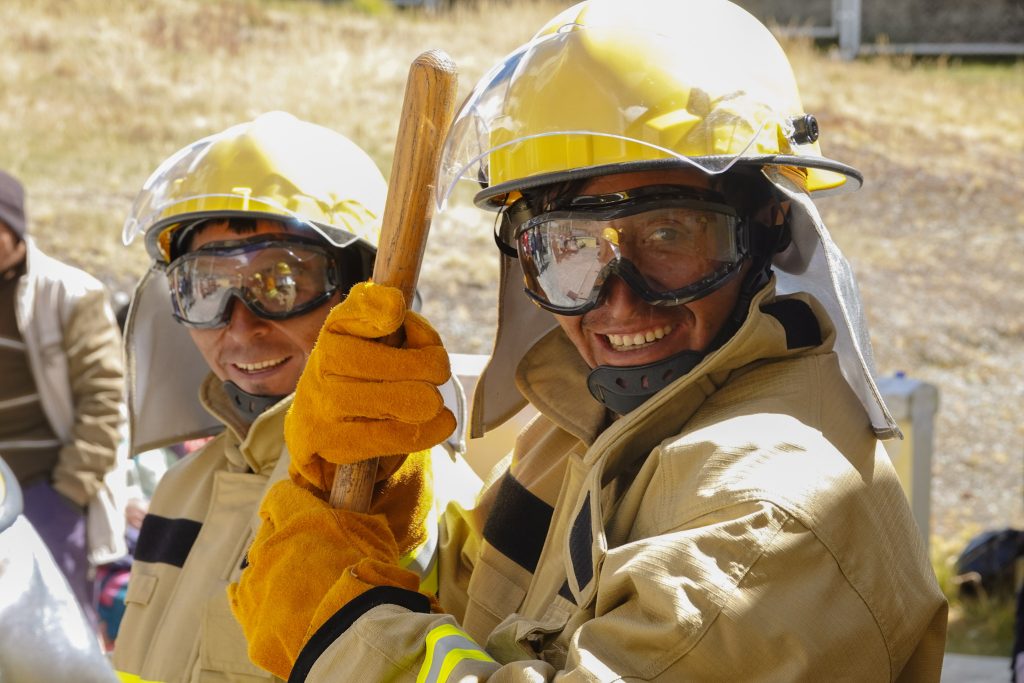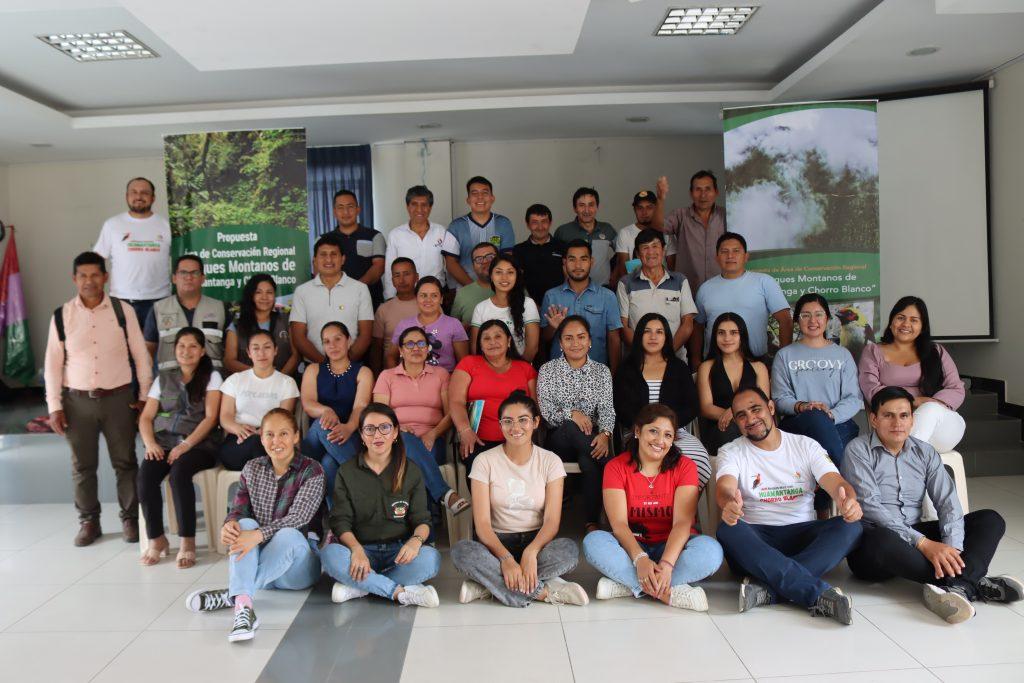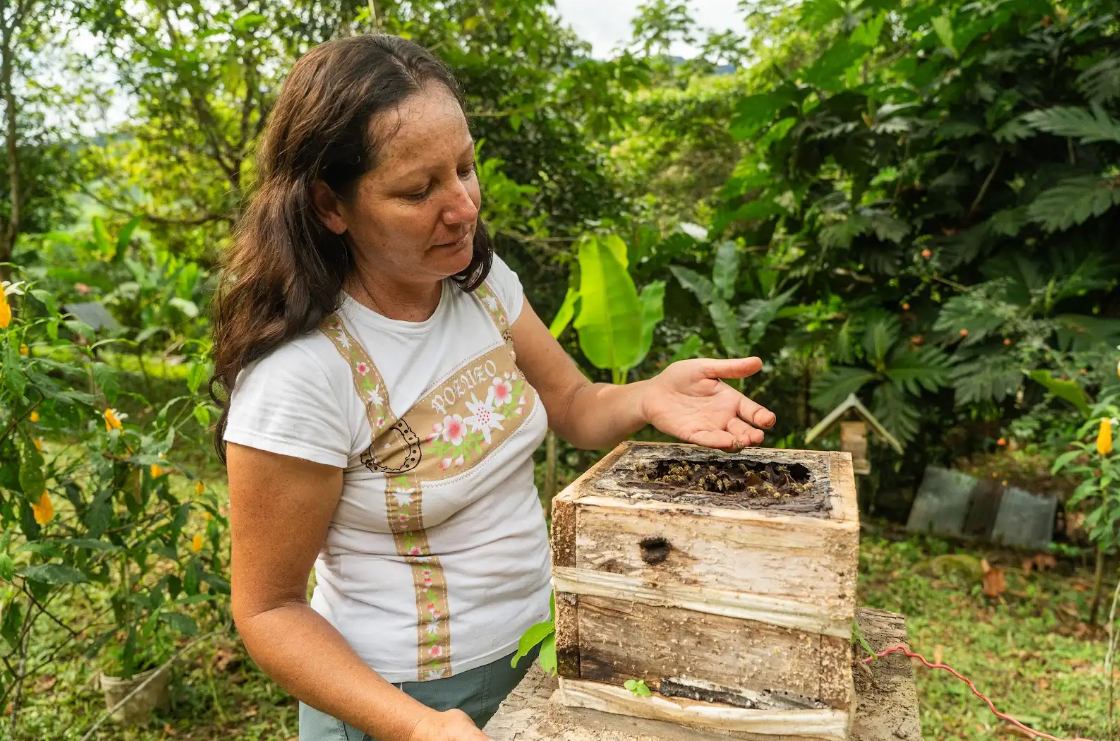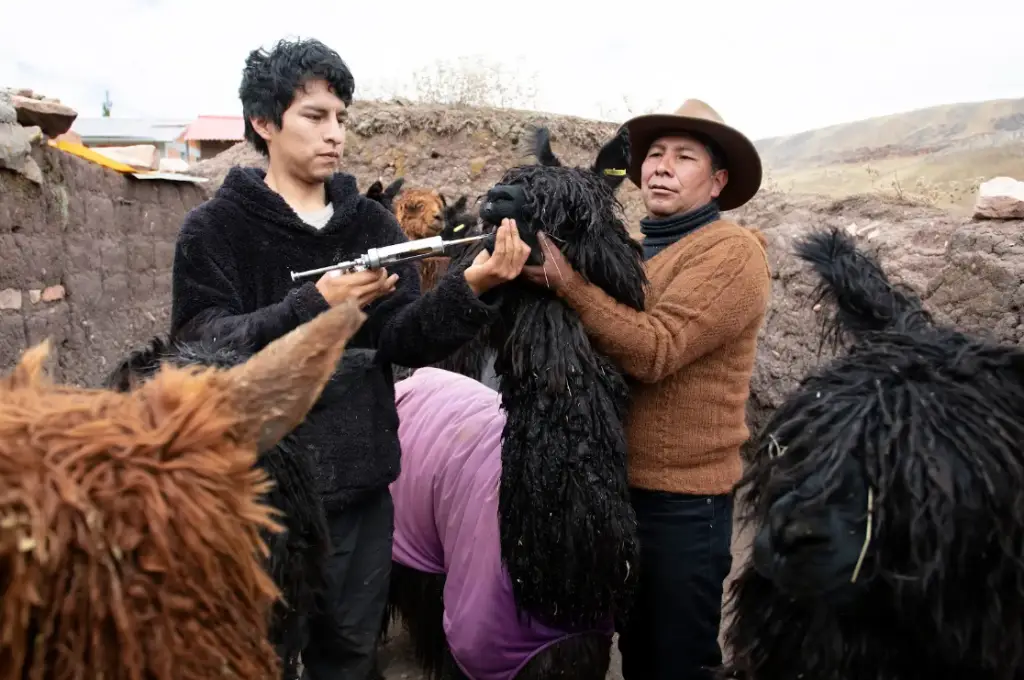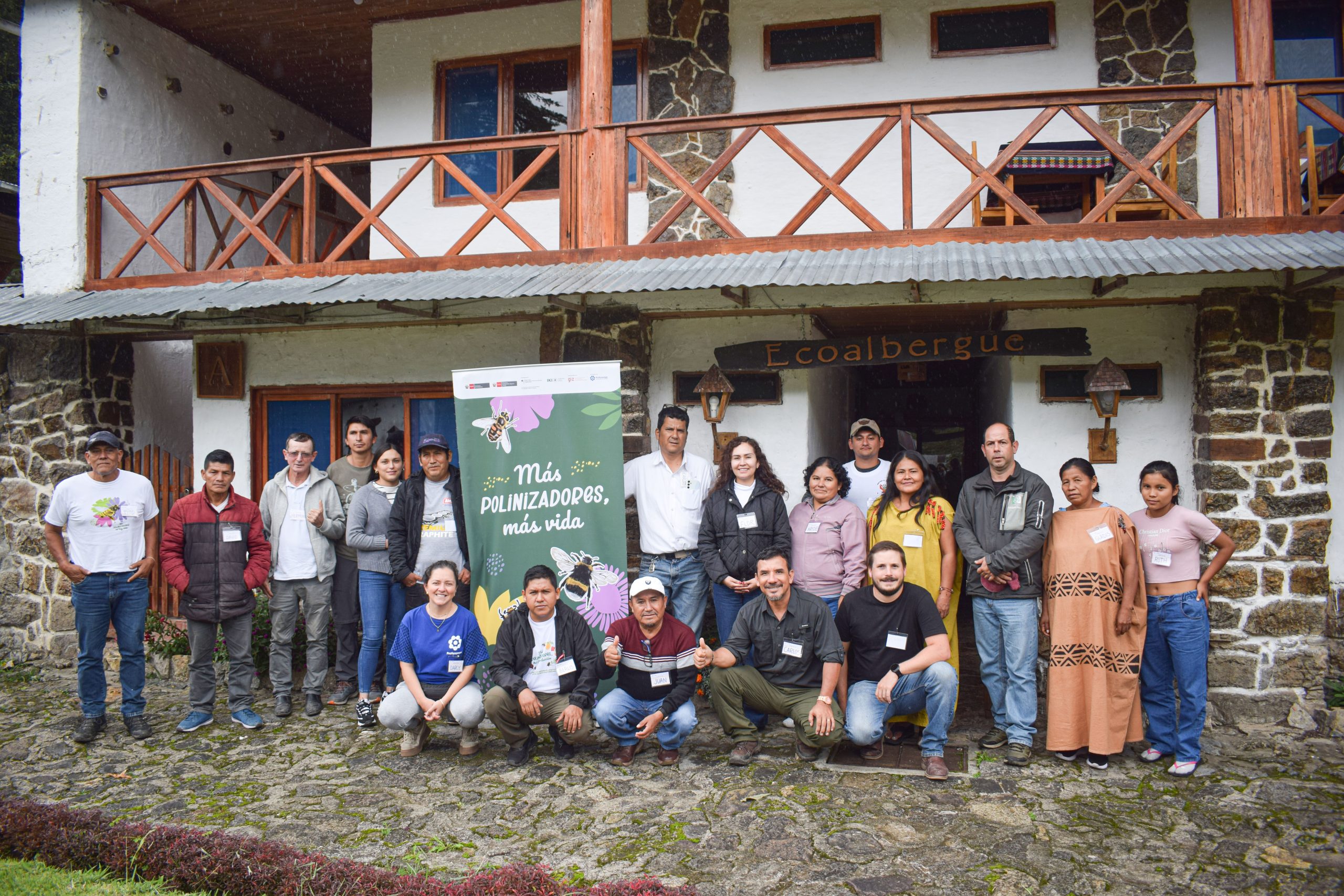On October 31, the delivery of goods within the framework of the Donation Fund for the development of taricaya management activities in the Pacaya Samiria National Reserve was concluded. The objective of this fund is to contribute to the revitalization of the economic activities of more than 390 families, who have been affected by the Covid-19 pandemic. The Peruvian Natural Heritage Initiative (Patrimonio Natural del Perú – PdP) of the National Service of Natural Protected Areas of Peru-Sernanp, together with its allies, managed this fund in which S/. 327,600 was invested with the purpose of contributing to maintain commercial articulation.
The Covid-19 pandemic caused the Asian market to close, which broke the value chain of wild fauna, in this case the taricaya. With the halt of exports, the economic income of families in the area was considerably reduced. It is estimated that approximately 411 families were left without income. In this scenario, they also had no access to other economic activities such as fishing, hunting or agriculture, due to the sanitary measures adopted to stop the spread of the coronavirus.
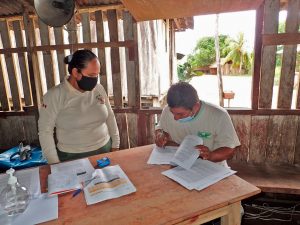
In response to this situation, Sernanp has proposed a strategy to sell taricaya eggs. This is expected to mitigate the impact of the reduction in exports, which would generate a new economic opportunity for trust groups. To this end, the head of the Pacaya Samiria National Reserve, Natural Resource Management and Peru’s Natural Heritage Initiative (PdP) are providing ongoing technical support while working to strengthen the management groups’ capacity to handle and package taricaya eggs for sale as a fresh and salted product at fairs in Loreto and Pucallpa. It is worth mentioning that revenues from taricaya eggs generate an average of 4 million soles per year for the management groups, and Sernanp collects 100,000 soles per year from them.
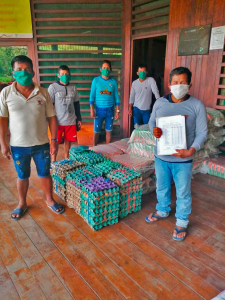
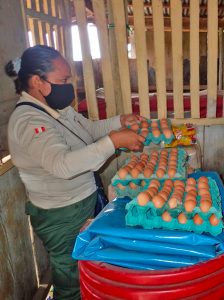
At the same time, the conservation of this species, which was in a state of recovery and was included in IUCN and CITES, has become one of the most successful recovery programs at the national level. However, with the pandemic, this progress was also diminished. It is expected that the release of 600,000 taricaya hatchlings will contribute to the conservation of the species.
In a complicated context, it is important that comprehensive initiatives such as the Donation Fund for the reactivation of economic activities in Pacaya Samiria continue, as they are essential for the fulfillment of environmental conservation commitments. Along this path, alliances with the public and private sectors should be strengthened in order to propose projects that allow families affected by Covid-19 to face the difficulties that the pandemic has brought with it, while protecting our biodiversity.




